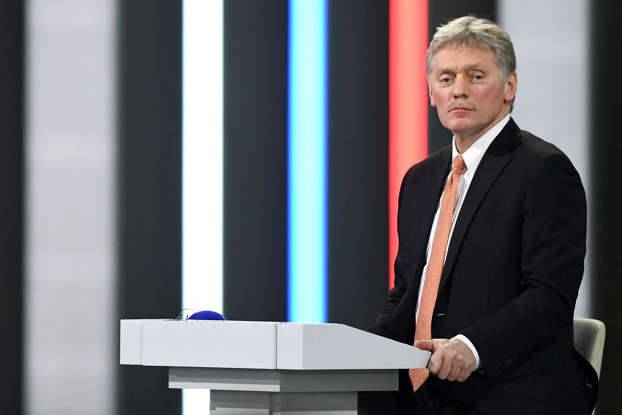Amidst the ongoing war woes, the Russian government has recently implemented a significant measure by banning high-ranking officials from resigning from their positions. This move comes as the country faces escalating challenges and seeks to maintain stability within its administrative apparatus. The decision, which aims to prevent a leadership vacuum during critical times, has sparked debates about the implications for Russia's political landscape and the potential consequences for the nation's future.
Political Stability Concerns
The ban on high-ranking officials quitting reflects Russia's deepening war woes and the need to ensure political stability. The nation is facing a complex military situation with ongoing conflicts and external pressures, requiring a cohesive leadership structure. By preventing key figures from abruptly leaving their posts, the government aims to maintain a sense of continuity and avoid any disruption that could hinder decision-making processes. However, critics argue that this move could limit personal freedom and accountability, potentially consolidating power in the hands of a few.
Leadership Consolidation and Accountability
While the ban aims to secure political stability, it also raises concerns about the consolidation of power within the existing leadership. By preventing high-ranking officials from resigning, the government may inadvertently limit the avenues for fresh perspectives and new approaches to address the challenges at hand. Additionally, accountability becomes a crucial issue, as officials who might have otherwise taken responsibility for failures or unpopular policies are now compelled to remain in their roles. Critics argue that this ban could hinder necessary reforms, prevent the emergence of competent successors, and exacerbate the concentration of power among a select few.
Public Perception and Opposition
The ban has elicited mixed reactions from the public and opposition groups. Some citizens view it as a necessary step to maintain stability during a period of heightened uncertainty. They believe that continuity in leadership can provide a sense of reassurance and a unified response to the war's woes. However, others perceive the move as an attempt to stifle dissent and prevent dissenting voices from influencing policy decisions. Opposition groups argue that the ban further undermines democratic principles and reduces the opportunity for political change and renewal.
International Implications
Russia's decision to ban high-ranking officials from quitting has international implications. It raises concerns among foreign governments and organizations about the state of democracy in the country. Critics argue that such measures erode transparency and accountability, potentially impacting Russia's international standing and relationships. This move may lead to increased scrutiny and potential diplomatic repercussions, further isolating Russia from the international community. It also highlights the growing challenges faced by the nation, including its war woes, which may have broader regional implications if not addressed effectively.
Conclusion
The ban on high-ranking officials quitting in Russia amidst war woes reflects the government's desire to maintain stability and consolidate leadership during challenging times. However, the measure raises concerns about accountability, the stifling of dissent, and the potential impact on Russia's international standing and relationships. Its consequences for the nation's political landscape and future trajectory remain uncertain.




No comments yet
Be the first to share your thoughts!